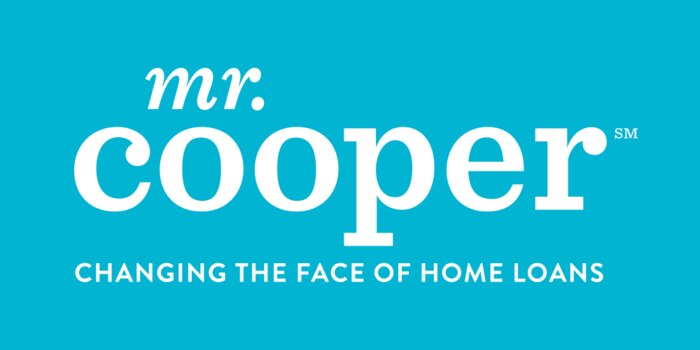If you pursue that career path, you should expect to spend a lot of money on your medical education. In all likelihood, you'll have to take out a loan to pay for it. It is hoped that you will have a successful profession where you can help others and generate enough money to pay off your medical school debt. You need to know about your financial aid and scholarship choices when you consider attending medical school.
The Cost of Medical School: How Much Can You Borrow?

73% of medical school graduates in 2020 had student loan debt, per the Association of American Medical Colleges (AAMC). When medical school graduates finally pay off their debt, the average amount is $207,003. You may want to consider the loan provider while deciding where to go to college.
Direct Unsubsidized Stafford Loans for Graduate Students
The federal government will lend you up to $20,500 per year for graduate school regardless of your credit history or financial standing. The sum of all loans, including those from your undergraduate years, cannot exceed $138,500. 2
However, you may be able to borrow more in direct unsubsidized loans if you attend medical school. If you want to try to receive up to $40,500 a year for tuition, you need to go via the financial assistance office at your school.
If you're concerned about keeping benefits like income-driven repayment, taking out as much as possible in direct unsubsidized loans is a good idea.
Federal Graduate PLUS Loan

You can apply for a federal grad PLUS loan if you've maxed out your eligibility for federal direct medical school loans. A good credit history is not required for the approval of these loans. Up to the cost of tuition at your medical school, less any other financial aid you get, is available to you.
Funding for Private Medical Education
Loans from private lenders are also an option for medical school costs. A private loan might have a cheaper interest rate than a government grad PLUS loan, depending on your circumstances. Ensure you've thoroughly considered alternatives before settling on a course of action. 5
Tips For Choosing A Health Care Loan
Prioritizing your needs and desired level of security while applying for medical school loans is essential. Some considerations are as follows.
Tuition and Fees
It is only natural to give thought to the expense involved in going. Will the annual tuition be more significant than $20,500? Federal unsubsidized loans are still an option, but you'll need additional funds to cover any costs not covered by the government.
Before you apply for more federal loans, check with your school to see whether you qualify for a more significant amount.
Rate of Interest
Congress annually approves a formula to determine interest rates on all government loans. Direct unsubsidized federal loans should be exhausted before considering private student loans. However, the interest rates on graduate PLUS loans are much greater than those on direct unsubsidized loans.
PSLF
If you aim for public service loan forgiveness (PSLF) or a state-level health care professionals debt forgiveness program, a lower interest rate may not be as important.
Payment Deferrals
All federal loans are deferred, so you won't have to worry about making payments while you finish medical school.
Deferred payments may be available from some private lenders, but if you don't want to begin repaying your loans while still in school, be sure to read the fine print.
Income-Based Repayments
It would help if you also thought about whether or not an income-driven repayment is an option for your medical school debt.
It's important to note that the hardship programs offered by private lenders are distinct from the income-driven choices provided by the federal government.
How To Pay Off Your Student Loans After Medical School
Medical school debt repayment is a complex decision that requires careful consideration. Thinking about your loan repayment options is crucial before choosing a lender. You may not need to be concerned with the income-driven safeguards that come with federal loans or whether you have part of your debt forgiven if you intend to enter a high-paying private sector job shortly after graduation.
It might make more sense to take out a low-interest personal loan. However, if you want to go into business for yourself, you might require income-driven repayment before you can afford to make larger payments.
Conclusion
Though medical school might drain your bank account, financing your education with a combination of loans that works for your unique financial position is possible. Instead of taking out loans to pay for school, try using savings and grants or scholarships if feasible. If those options have run dry, it may be time to consider applying for medical school loans.



